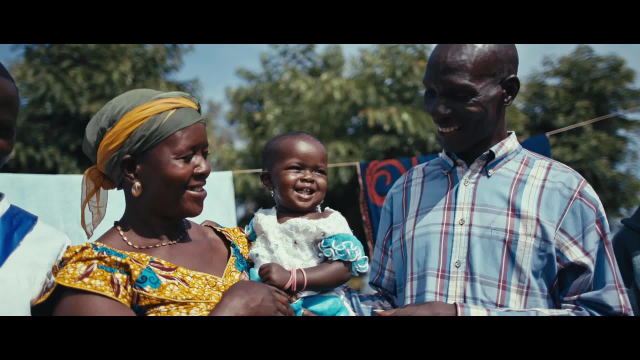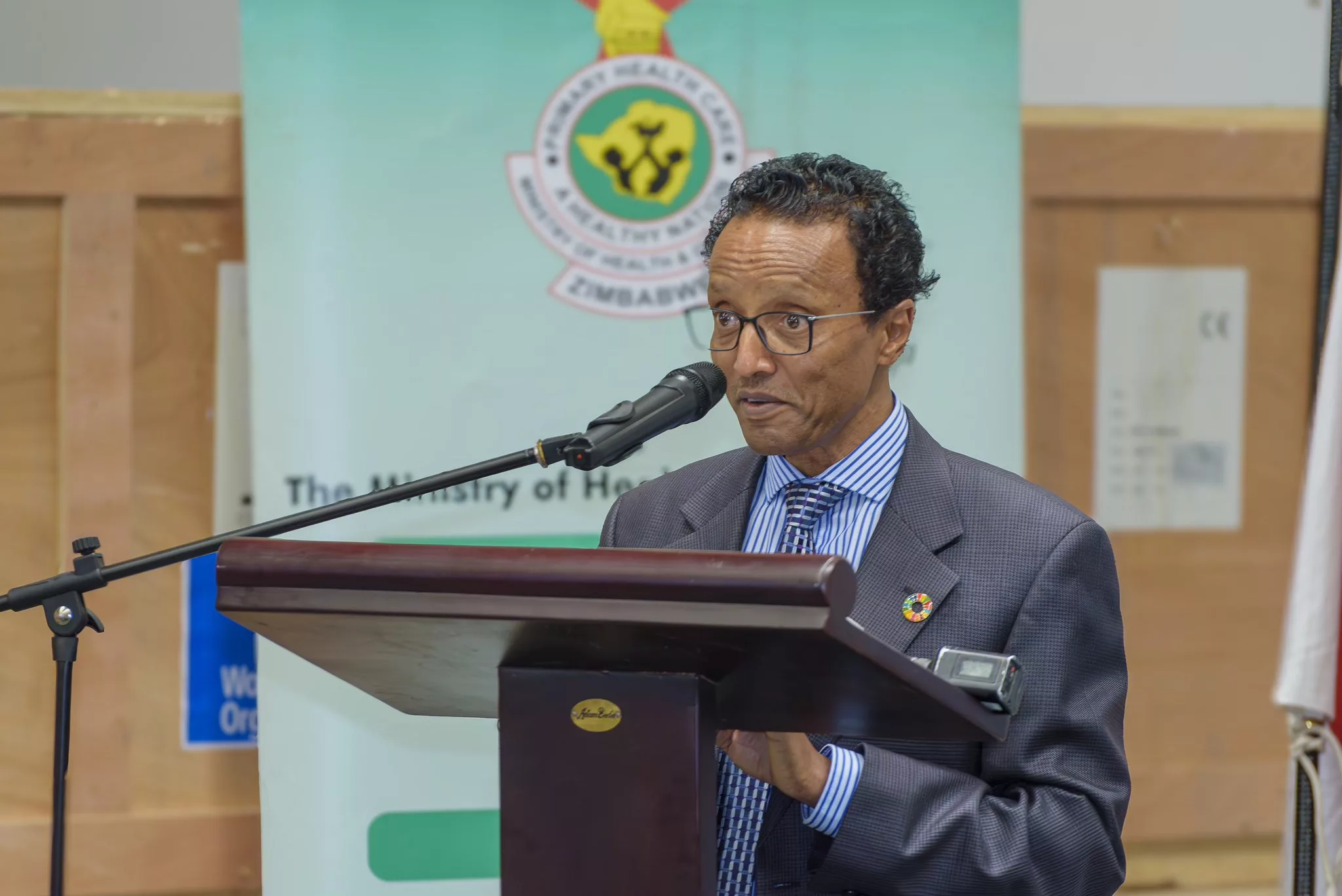After more than a decade of success and nearly 2,200 maternal deaths prevented, international partners mark handover of program
After more than a decade of incredible success, preventing over 2,200 maternal deaths, the international partnership behind the Maternal and Reproductive Health Program in Tanzania held a handover ceremony today in Kigoma, marking the final transition of the program to the community, the government of Tanzania, and local authorities. The Maternal and Reproductive Health Program was a partnership between the Government of Tanzania, EngenderHealth and Thamini Uhai, and funded by Bloomberg Philanthropies and Fondation H&B Agerup. The program supported Kigoma, Morogoro and Pwani Regions, but focused in Kigoma Region, where over 100 health facilities were supported to improve provision of maternal and reproductive health services.
Implementing partners and the Regional Administrative Secretary office signed a transition document to ensure the continuation of vital maternal and reproductive health services to mothers and newborns in Kigoma. This memorandum of understanding establishes that an increased number of skilled health professionals will be placed in Kigoma, that health workers trained under the program will remain in place, and that annual budget planning for health facilities will be supported to ensure adequate funds for life-saving services.
The government’s prioritization of maternal health has been a catalyst for bringing life-saving health services to communities around the region. This supported included upgrades of 13 health centers for the provision of comprehensive emergency obstetric and neonatal care (CEmONC). These efforts prevented nearly 2,200 maternal deaths, and ensured that over 210,000 babies were delivered in program-supported health facilities with a trained provider. After over a decade, this program will transition from an international partnership to full local governance for sustainability and long-term success.
Dr. Paul Chaote, Regional Medical Officer of Kigoma Region, said, “We have observed strengthened and improved maternal, reproductive, and child health services in Kigoma Region. Our region has improved greatly on key maternal health indicators, as compared to the past. Many pregnant women are seeking care and delivering at the improved health facilities supported by the government in partnership with development partners. We have learned a lot as the Region from the Bloomberg Philanthropies Maternal and Reproductive Health project, and this lesson can be scaled up countrywide and in other similar areas”.
Dr. Neena Prasad, director of the Maternal and Reproductive Health Program at Bloomberg Philanthropies said, “No one should accept that it’s impossible to provide high-quality maternal and reproductive healthcare to women who live in rural communities in developing countries. In the thirteen years that we have supported this program in Kigoma, the region has gone from having among the worst maternal health indicators in Tanzania to among the best. Together with the Government of Tanzania, implementing partners, and dedicated communities, we have built a model for delivering maternal healthcare that can inform similar efforts around the world. We feel proud that the project’s goals of increasing utilization of obstetric and family planning care services have been accomplished, and have the fullest confidence that the government is committed to sustain it.”
Over two years of consultations and collaborations around the transition were concluded today at the closeout ceremony, attended by Kigoma Regional Commissioner, representatives of the international philanthropic organizations and high-ranking government officials. Those represented include the President’s Office Regional and Local Government, the Ministry of Health, Community Development, Elderly and Children, Members of Parliament of Kigoma Region, and the Regional Medical Officer of Kigoma.
Dr. Nguke Mwakatundu, the Executive Director of Thamini Uhai, said “The project’s success proved that with well coordinated and well implemented interventions to improve the quality of care, experience of care in the health facilities and mobilizing the communities to use the facilities, it is possible to significantly improve the maternal and reproductive health situation in rural areas in Tanzania. The project’s model is a sustainable one and hence I am hopeful the results obtained will be maintained by the government by continuing to use the model and ensure the interventions put in place continue to be implemented in the coming future.”
Prudence Masako, Country Representative for EngenderHealth Tanzania, said ‘’We are celebrating the project’s success today as the project activities are transitioning to the government. This success was only possible because all parties played their roles as required, from the national level to the community level players, the coordination functioned like a machine, where each party played its role. These successes need to be celebrated by all of us and there is also a need to ensure what the project is leaving behind is going to be sustained in the coming years for more celebrations in the future for the wellbeing of Kigoma women and girls who want to access family planning and comprehensive post abortion care services whenever they need.”
The event also included the dissemination of the results of a final program evaluation, conducted by the US Centers for Disease Control and Prevention.
Some of the key findings of the program evaluation include:
- Nearly 2,200 maternal deaths prevented in project-supported facilities through obstetric care and family planning services.
- Over 210,000 babies delivered in program-supported health centers under the program.
- A 75% increase in facility-based deliveries, from 48% in 2011 to 85% in 2018, ensuring that mothers and babies had access to life-saving medical care in the event of unexpected complications.
- An increased rate in life-saving Cesarean sections provided from 2.7% in 2011 to 4.5 in 2018 (World Health Organization recommends between 5-15%)
- More than 400 health providers trained on family planning services to prevent death and injury from unintended pregnancies.
- An increase in contraceptive prevalence rate from 15.6% in 2014 to 21.0% in 2018 for women in union using all modern methods.
- An 43% increase in obstetric emergencies being treated, from 42.8% in 2011 to 61.3% in 2018 in all facilities.






